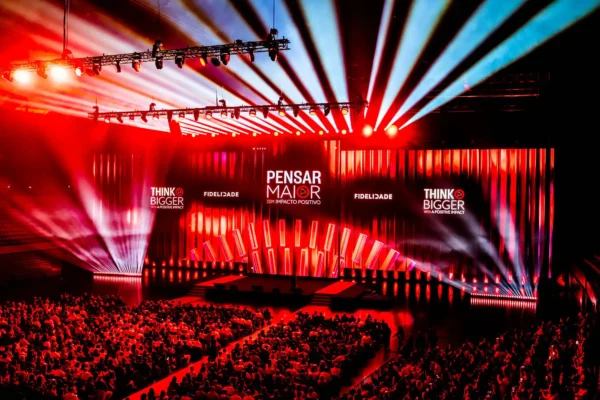Brazil likely will overtake South Korea as the world’s eighth most active nation for business travel expenditures and post some $30.1 billion in business travel expenses this year, a new report says.
The Global Business Travel Association (GBTA) has released its second GBTA BTI Outlook report on Brazil as part of its semi-annual series. The report includes the GBTA BTI, an index of business travel spending which provides a way to assess market performance over a period of time.
Outlook report on Brazil as part of its semi-annual series. The report includes the GBTA BTI, an index of business travel spending which provides a way to assess market performance over a period of time.
With Brazil seeing significant increases in global business travel at a time when larger economies are suffering declines, the nation’s ability to support the increased activity comes into play.
“Brazil’s strong economic growth has made it one of the world’s key markets to watch for business travel. Despite the challenging global economic climate, Brazil remains on a robust business-travel growth track, especially when compared to the U.S. and Europe. The key question is whether Brazil can tackle its travel infrastructure constraints to meet its expanding business travel demand,” said Wellington Costa, president, GBTA Brazil.
The report suggests Brazilian business travel spending will grow by 9.3 percent to $30.1 billion in 2012 and by another 12.6 percent in 2013. Organic growth is forecast to drive a 6 percent increase in hotel capacity. Future hotel construction will be incentivized further by the forthcoming World Cup and Olympics events, but demand will exceed supply.
While the Brazilian economy has remained relatively resilient, it has not been immune to the recession in Europe, the slowdown in Chinese growth or the struggling recovery in the U.S. Despite these factors, GBTA forecasts that Brazil’s economy will improve slowly in the second half of 2012. Gathering economic momentum is projected to drive 4.1 percent GDP growth and 12.6 percent growth in business travel spending in 2013. However, this figure has been downgraded from GBTA’s spring forecast of 14.5 percent business travel spending growth.
A lack of adequate capacity and infrastructure is the main drag on even higher rates of business travel growth in Brazil. Airport, hotel, and other travel infrastructure continue to lag increases in demand, particularly in Brazil’s major business hubs. This may be set to change with 30,500 new hotel rooms either under construction or in advanced stages of planning – a 6 percent increase in capacity. The World Cup in 2014 and Olympics in 2016 will keep supply behind demand for the medium term.





















